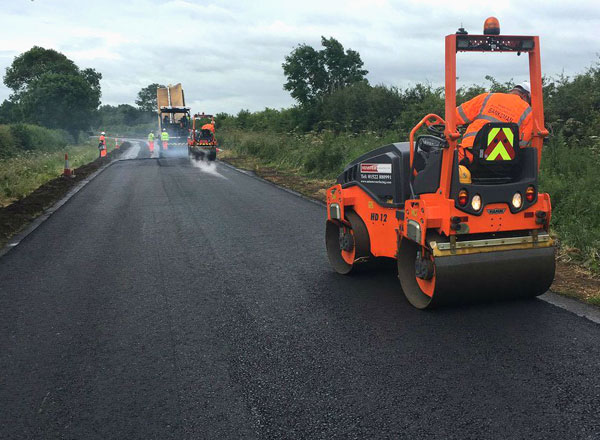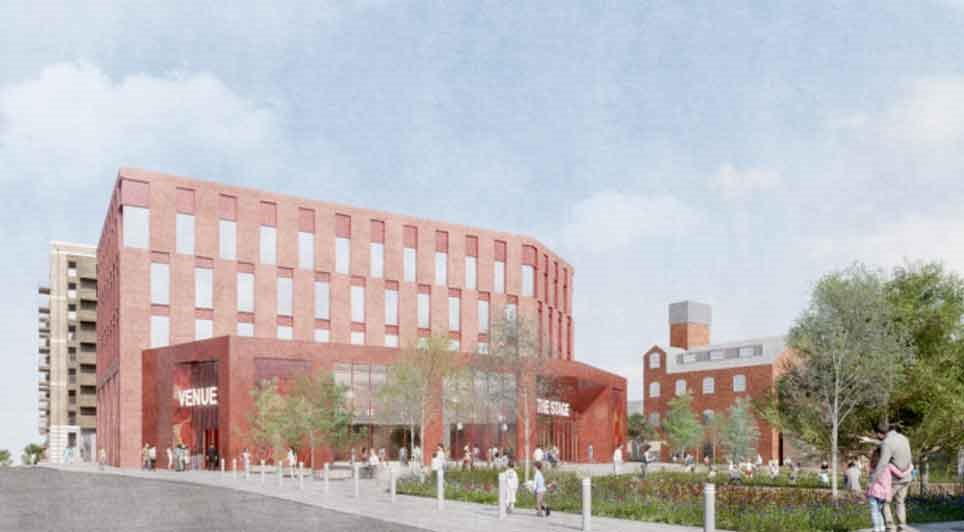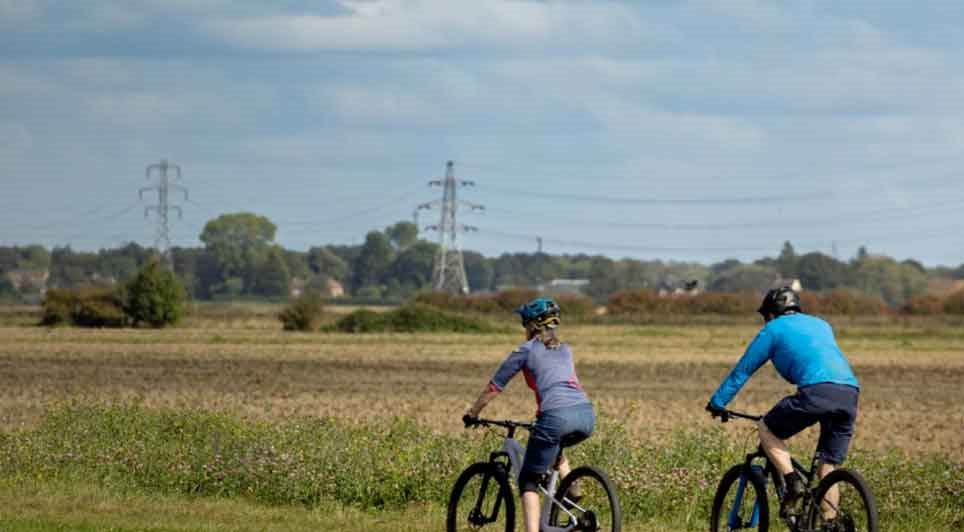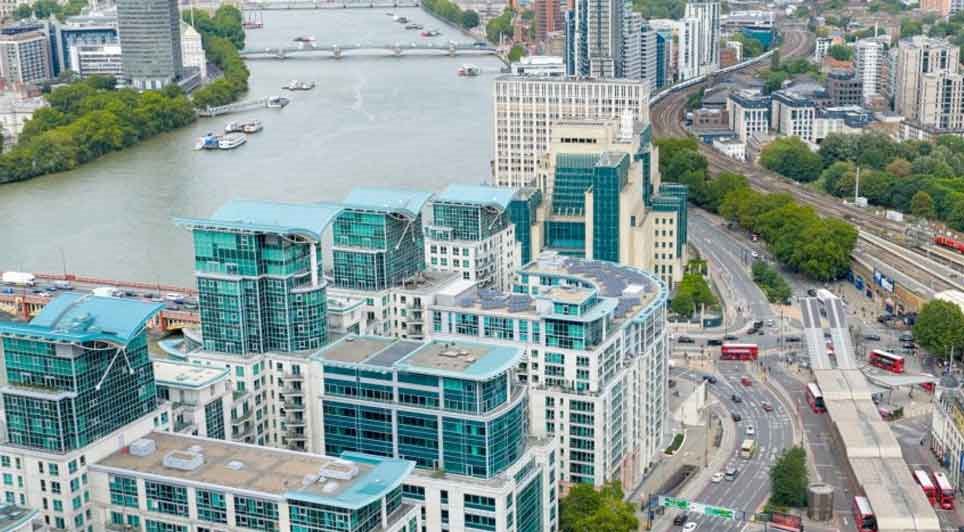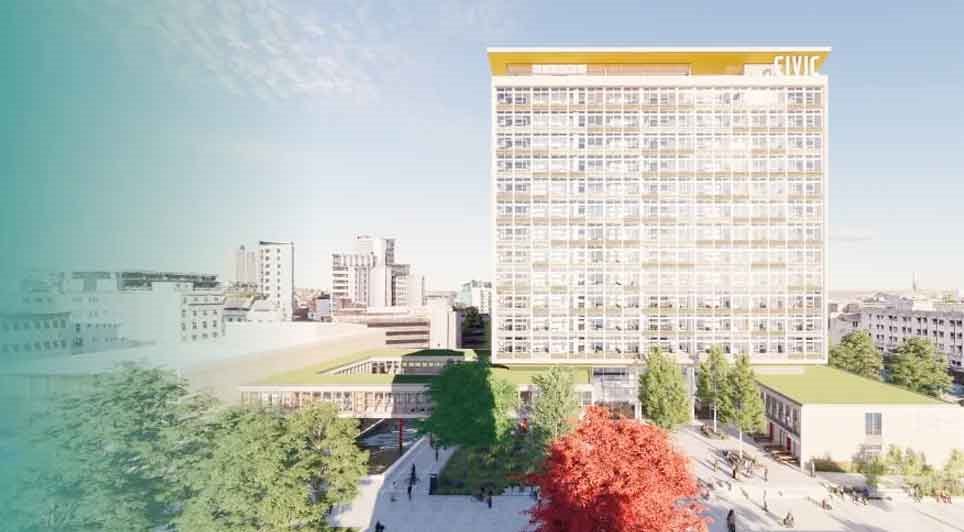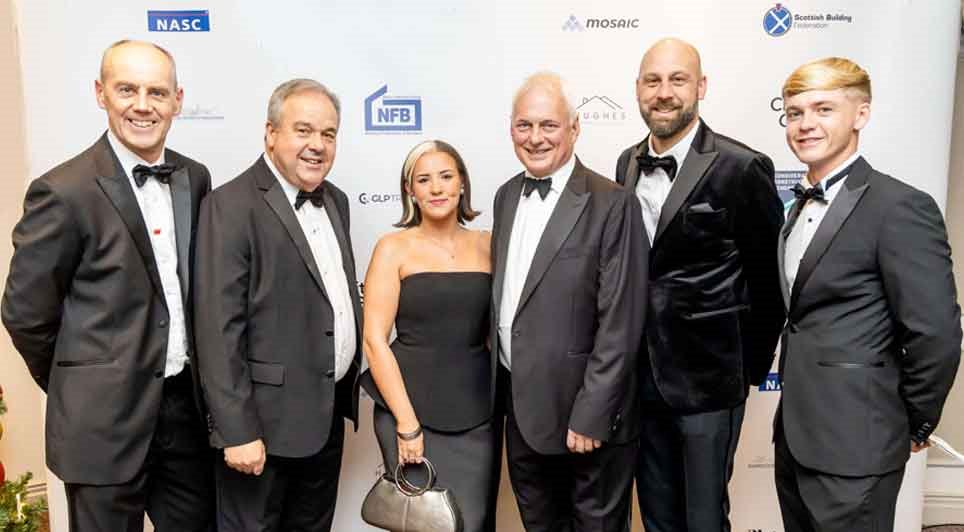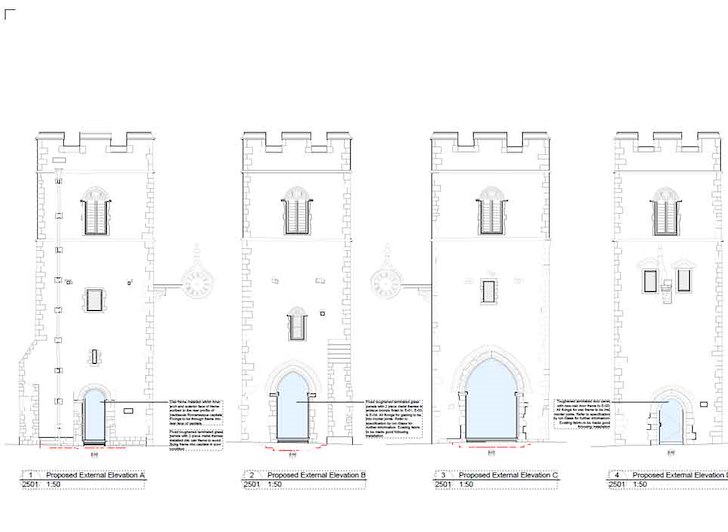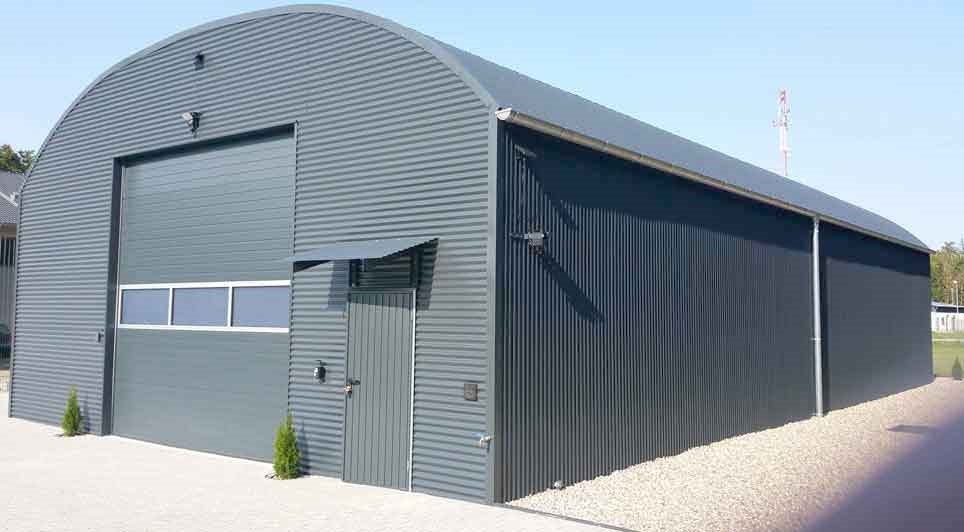Construction supplier Tarmac has delivered record volumes of material in Lincolnshire to support road repairs this year.
Minster Surfacing, along with Lincolnshire County Council and Kier, has been working to resurface and repair roads across the county.
The contractor is close to completing its road works, with 70,000 tonnes of asphalt expected to be used by the end of the year.
Cllr Richard Davies, executive member for highways said: "This year, we've been working hard to repair roads right across Lincolnshire. With 5,500 miles of roads across one of the most rural counties in the UK, road repair is always a challenge, but, with investment from central government, we've been working hard to get the roads up to standard. There's still plenty more work to be done, with the the help of Minster Surfacing, Kier and others in the supply chain, we're making great progress in improving the roads for everyone."
As well as the asphalt the company uses, Minster Surfacing is also using tens of thousands of tonnes of Foambase, a sustainable alternative to asphalt which it makes by recycling material the team remove from roads.
Shaun Davidson, Managing Director, Materials - North & Scotland at Tarmac, said: "This year we've delivered record volumes of material in Lincolnshire to support the investment in the county's roads. It's rewarding to work collaboratively with the team at Minster Surfacing who share our commitment to sustainability and reducing the amount of new material used on the network. We're proud to see our focus on the delivery of high quality highways products benefiting Lincolnshire County Council and the travelling public."
Managing Director of Minster Surfacing, Bruce Spencer-Knott commented: "Lincolnshire County Council has been making real investments into the county's roads and as a result, we've been really busy. This year, we've used more asphalt than ever before in Lincolnshire because we've never worked on so many roads. When you consider that our teams are working much more efficiently thanks to the latest technology including 3D scanning, computer-aided design, GPS and automated machinery and since we're recycling half of the material we remove from the roads we work on, that's even more impressive. We're wasting less, recycling more and we're working faster so we can repair more roads each year while cutting our carbon footprint and causing less disruption for motorists and residents. It's making a real difference.
"In this week's Budget, The Chancellor has committed to giving an extra £420m to help councils repair roads and fix potholes so I'm confident to keeping this momentum going to continue bringing real improvements to the county's roads."
(CM)
 UK
UK Ireland
Ireland Scotland
Scotland London
London

